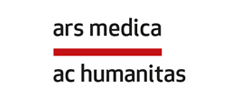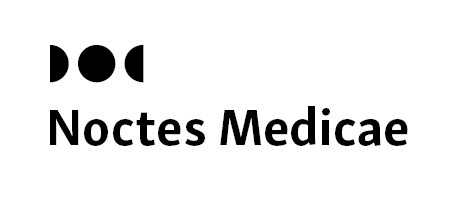Program - Chemistry
Chemistry 2nd year (165 hours)
Our chemistry course covers selected topics in advanced high school chemistry courses, correlating to the standard requirements as established by the Ministry of National Education. The General Chemistry course includes various issues of organic and inorganic chemistry (more detailed information in the syllabus below) and prepares you to take the chemistry exam and start studying Medicine at the Medical University of Warsaw. This programme is taught by qualified chemists from the Department of Biochemistry of the Second Faculty of Medicine at the Medical University of Warsaw, and the Chemistry Department at the University of Warsaw. Many years of academic teaching experience and professionalism create a warm class climate enhancing the students' desire to study chemistry.
Syllabus
1. Atomic theory, isotope and radioactivity
a) Nuclear atom
b) Grouping methods (groups, periods, blocks)
c) Electron configuration of atoms and simple ions
d) Definitions related to atom
e) Quantum numbers
f) Radioactivity
2. Elements, molecules and compounds
a) Physical and chemical properties of elements
b) Nomenclature and formulas (oxides, hydrides, acids, bases, salts etc.)
c) Molecular and structural formula
3. Chemical reactions and stoichiometry
a) Chemical equations
b) Mass relationship in chemical reactions
c) Classification of chemical reactions
4. Acids and bases
a) Theories of acids and bases
b) Properties of acids and bases
c) The pH scale
d) Strong and weak acids and bases
5. Periodicity
a) Periodic table
b) Periodic trends
6. Chemical bonding and structure
a) Various bond in chemical compounds - ionic, covalent, metallic
b) Single and multiple bonds in organic and inorganic compounds
c) Intermolecular bonding
d) Determination of the physicochemical properties of compounds based on their bonding
7. Aqueous solutions
a) Solubility
b) Properties of solutions
c) Buffer systems
8. Energetics and thermodynamics
a) Energy – basic principles
b) Measuring of energy changes
c) Hess’s law
d) Bond enthalpies
9. Equilibrium
a) The thermodynamic condition for chemical equilibrium
b) Acid-base equilibrium
c) Le Chatelier’s principle
10. Chemical kinetics
a) Reaction rates
b) Reaction mechanism
11. Organic chemistry
a) Fundamentals of organic chemistry
b) Nomenclature, properties and reactions of main classes of chemical compounds
c) Stereochemistry
d) Organic compounds important in biochemistry processes
e) Organic compound identification methods
Bibliography
CHEMISTRY. An introduction to general, organic, and biological chemistry. Karen C. Timberlake, 12th ed. Pearson














